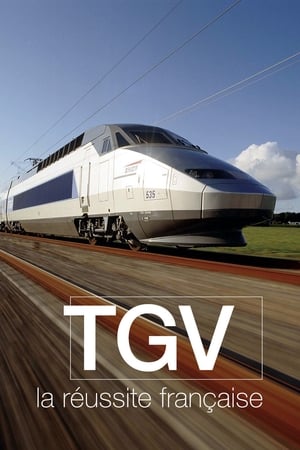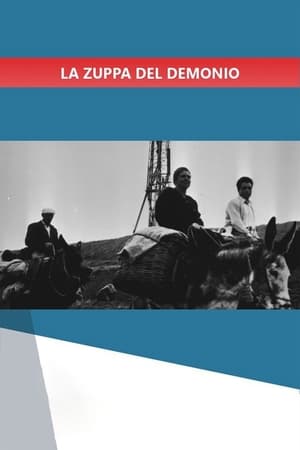
Billy Crane Moves Away(1967)
This short documentary features Newfoundland fisherman Billy Crane, who speaks frankly on the state of the inshore fishery and how the lack of government support has contributed to the industry’s downfall. He is being forced to leave home to seek employment in Toronto. This film was made with the Challenge for Change program.

Movie: Billy Crane Moves Away
Top 1 Billed Cast
Self
Video Trailer Billy Crane Moves Away
Similar Movies
 7.1
7.1Nanook of the North(en)
This pioneering documentary film depicts the lives of the indigenous Inuit people of Canada's northern Quebec region. Although the production contains some fictional elements, it vividly shows how its resourceful subjects survive in such a harsh climate, revealing how they construct their igloo homes and find food by hunting and fishing. The film also captures the beautiful, if unforgiving, frozen landscape of the Great White North, far removed from conventional civilization.
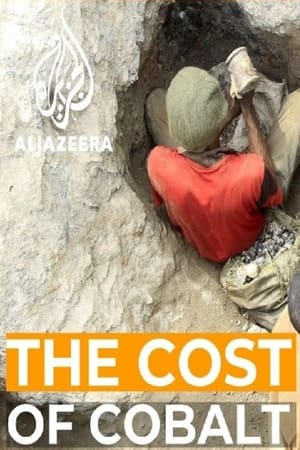 0.0
0.0The Cost of Cobalt(en)
In the cobalt mining areas of Katanga in the Democratic Republic of the Congo (DRC), babies are being born with horrific birth defects. Scientists and doctors are finding increasing evidence of environmental pollution from industrial mining which, they believe, may be the cause of a range of malformations from cleft palate to some so serious the baby is stillborn. More than 60% of the world’s reserves of cobalt are in the DRC and this mineral is essential for the production of electric car batteries, which may be the key to reducing carbon emissions and to slowing climate change. In The Cost of Cobalt we meet the doctors treating the children affected and the scientists who are measuring the pollution. Cobalt may be part of the global solution to climate change, but is it right that Congo’s next generation pay the price with their health? Many are hoping that the more the world understands their plight, the more pressure will be put on the industry here to clean up its act.
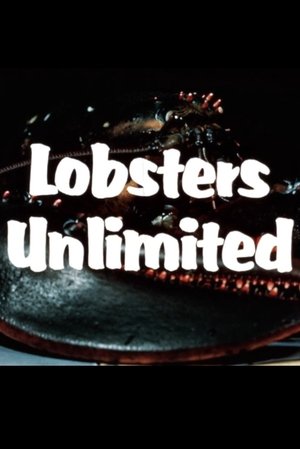 0.0
0.0Lobsters Unlimited(en)
An overview of the lobster fishing industry in Nova Scotia.
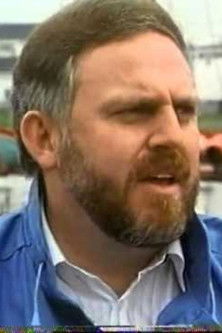 0.0
0.0A Passage from Burnt Islands(en)
In his crusade for literacy, principal Ray Brown enlisted the help of the community and broke through the cycle of illiteracy in a small Newfoundland fishing village. He turned the struggling elementary school into a place where students were eager to learn and instilled in parents a sense of hope for their children's future.
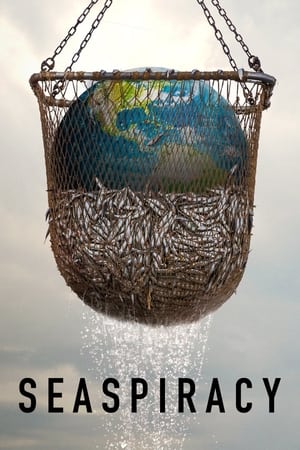 7.8
7.8Seaspiracy(en)
Passionate about ocean life, a filmmaker sets out to document the harm that humans do to marine species — and uncovers an alarming global conspiracy.
The High Cost of Cheap Gas(en)
The environmental problems caused by fracking in America have been well publicized but what's less known are the gas industry's plans for expansion in other countries. This investigation, filmed in Botswana, South Africa and North America, reveals how gas companies are quietly invading some of the most protected places on the planet.
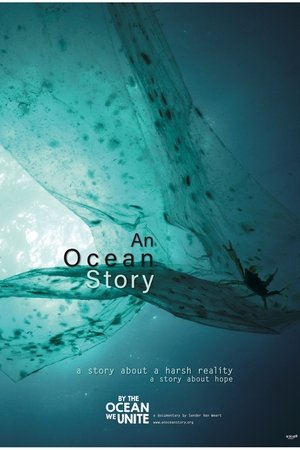 0.0
0.0An Ocean Story(en)
Increasing pollution, over fishing and climate change are major threats our oceans are currently facing worldwide. This documentary follows us on our journey as we film devastating consequences of these harsh realities.
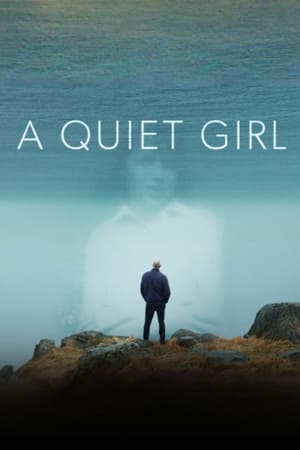 0.0
0.0A Quiet Girl(en)
Adopted Montreal filmmaker Adrian Wills discovers, on camera and in real time, the startling truths of his complex beginnings in Newfoundland. Shocking details drive Wills to the core of his birth mother’s resilience, and ultimately his own. In this moving feature documentary that combines 16mm footage and contemporary images with deeply personal conversations, Wills’ voyage transforms from an urgent search for identity into a quest to give a quiet girl her voice.
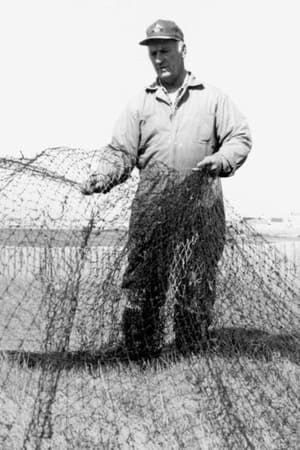 0.0
0.0Taking Stock(en)
It was a way of life. It was the backbone of a society. And then the cod fishery off the east coast of Newfoundland collapsed. Taking Stock traces the history leading up to the crisis and the calling for a moratorium of the northwest Atlantic cod fishery. It presents the key players in this complex and tragic story, focusing on those who are now trying to come to grips with an uncertain future. How did the calamity happen? What signals did we ignore? Did we chose the right model in setting up an industry? Ultimately, Taking Stock holds a message for the Canadian as well as the global community: In trying to attain economic success, we must recognize that there are limits to how far we can exploit nature's delicate ecosystems.
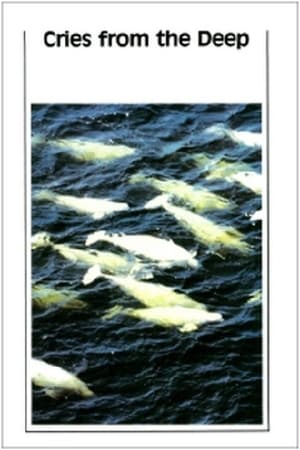 0.0
0.0Cries from the Deep(fr)
This documentary records the journey undertaken by Jacques Cousteau, his 24-member team, and an NFB film crew to explore the Grand Banks of Newfoundland, one of the world's richest fishing areas. They discover shipwrecks, film icebergs and observe beluga whales, humpback whales and harp seals. The film also includes a fascinating sequence showing Calypso divers freeing a calf whale entrapped in a fishing net.
 7.1
7.1Manufactured Landscapes(en)
MANUFACTURED LANDSCAPES is the striking new documentary on the world and work of renowned artist Edward Burtynsky. Internationally acclaimed for his large-scale photographs of “manufactured landscapes”—quarries, recycling yards, factories, mines and dams—Burtynsky creates stunningly beautiful art from civilization’s materials and debris.
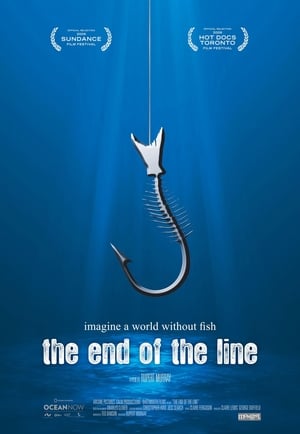 6.3
6.3The End of the Line(en)
Examines the devastating effect that overfishing has had on the world's fish populations and argues that drastic action must be taken to reverse these trends. Examines the imminent extinction of bluefin tuna, brought on by increasing western demand for sushi; the impact on marine life resulting in huge overpopulation of jellyfish; and the profound implications of a future world with no fish that would bring certain mass starvation.
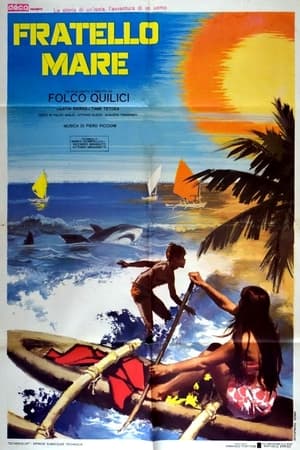 0.0
0.0Fratello mare(it)
The Work completes the "quadrilogy" of South Seas seen over a twenty-year period. This film, tells the choral story of an island that in the short time of a generation loses its identity.
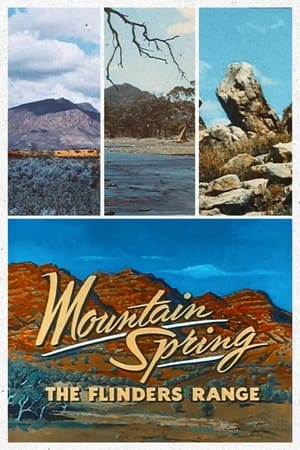 0.0
0.0Mountain Spring: The Flinders Range(en)
Progress in South Australia manifests itself around the Flinders Range country in the industries of Whyalla, Port Pirie, Port Augusta, Leigh Creek and Aroona Dam. Wildflowers cover the countryside.
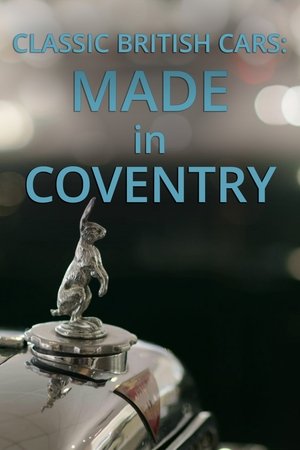 0.0
0.0Classic British Cars: Made in Coventry(en)
Find out how the cars were crafted and discover the secret family stories behind the most famous marques including Riley, Standard, Triumph and Jaguar. Legendary racers Rosemary Smith, Pat Quinn and Norman Dewis share their memories of competing Coventry’s cars in some of the world’s most dangerous motorsport events. And, meet the people passionate about preserving the city’s extraordinary motoring heritage.
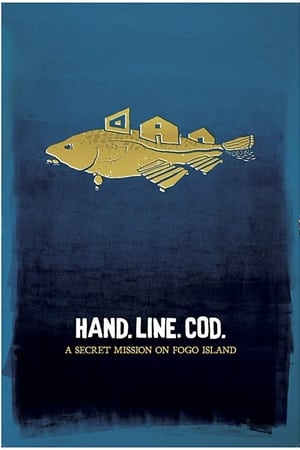 0.0
0.0HAND. LINE. COD.(en)
In the coldest waters surrounding Newfoundland's rugged Fogo Island, "people of the fish"—traditional fishers—catch cod live by hand, one at a time, by hook and line. After a 20-year moratorium on North Atlantic cod, the stocks are returning. These fishers are leading a revolution in sustainability, taking their premium product directly to the commercial market for the first time. Travel with them from the early morning hours, spend time on the ocean, and witness the intricacies of a 500-year-old tradition that's making a comeback.


